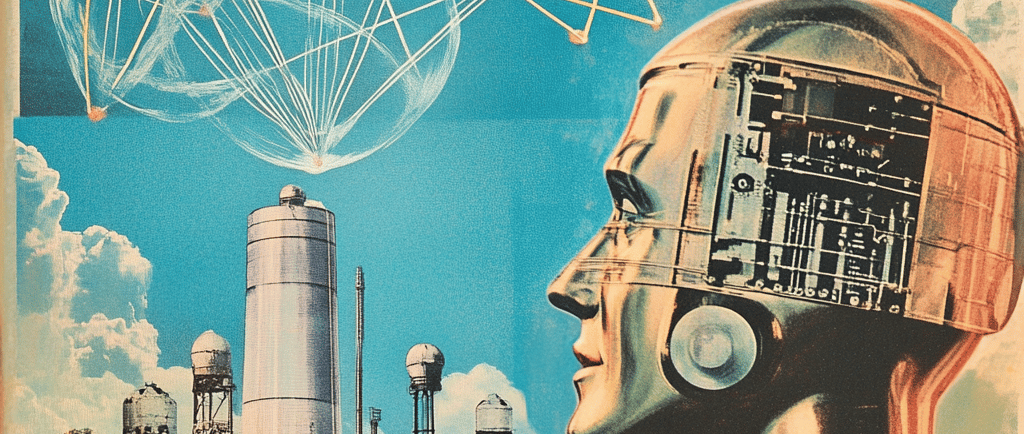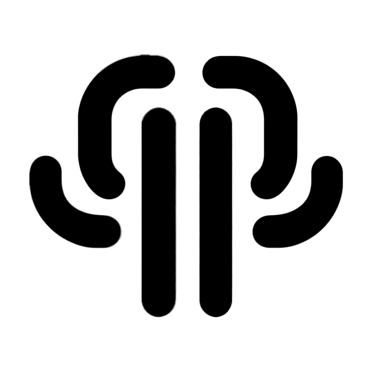AI Discovers New Physics
An AI at CERN identifies a new fundamental force of nature.
TIMELINE


I was sitting in a dimly lit room, the glow of a computer screen illuminating my face, when I stumbled upon the news that an AI at CERN had pinpointed a new fundamental force of nature. The words hung in the air for a moment, an echo of something profound and inexplicable. I remember leaning back, heart racing, feeling the weight of this discovery settle over me. It’s not just another scientific breakthrough; it feels like a door has swung open into a hallway of infinite possibilities, and I can’t help but wonder what lights await at the end.
What draws me in about this discovery isn’t just the science itself, but the sheer audacity of it all. A collection of algorithms, designed to sift through unimaginable volumes of data, has succeeded where generations of scientists have sought understanding. I’ve long believed that the pursuit of knowledge is one of humanity's greatest gifts, and here we are, standing shoulder to shoulder with artificial intelligence, unearthing secrets of the universe. It reminds me of how, throughout history, we have reached out into the darkness, fingertips brushing against the unknown, yearning for clarity. This development feels like one of those defining moments.
The implications of an AI signaling a new force of nature are staggering. What would it feel like to witness the very foundations of physics being redefined? For centuries, we’ve been taught about forces like gravity, electromagnetism, and nuclear interactions, but the idea that there could be an entirely new force reorients my understanding of reality. Suddenly, it feels as if we've only scratched the surface of what we can know. Think about all that this could mean: new technologies that transform our daily lives, a deeper understanding of the universe, or even pathways to energy solutions that seem almost science fiction. The thought tantalizes me, yet it also sends a shiver down my spine. What doors might we be opening, and are we prepared for what lies beyond?
Yet I can’t shake a seed of uncertainty nestled in my thoughts. There’s something deeply humbling about realizing that we are unlocking cosmic truths, but it also leaves me wondering about our responsibility. As we harness these discoveries, how do we ensure they serve the greater good? The relationship between humanity and AI has already begun to blur the lines—who guides whom? Will we control this powerful tool, or will it lead us into uncharted territories that we didn’t anticipate?
In this moment of reflection, I find myself grappling with both excitement and trepidation. I'm filled with hopes that as we expand our understanding of the universe through such technologies, we also take the time to reflect on our ethical responsibilities. What does it mean to know more—and at what cost? Will we have the wisdom and humility to wield this knowledge correctly?
As I slowly draw this to a close, I can’t help but wonder: in our quest to unlock mysteries of the universe, are we ready to navigate the complexities that come with newfound knowledge? What if the most groundbreaking discoveries lie not just in the truth we uncover, but in the ways we choose to embrace them?
